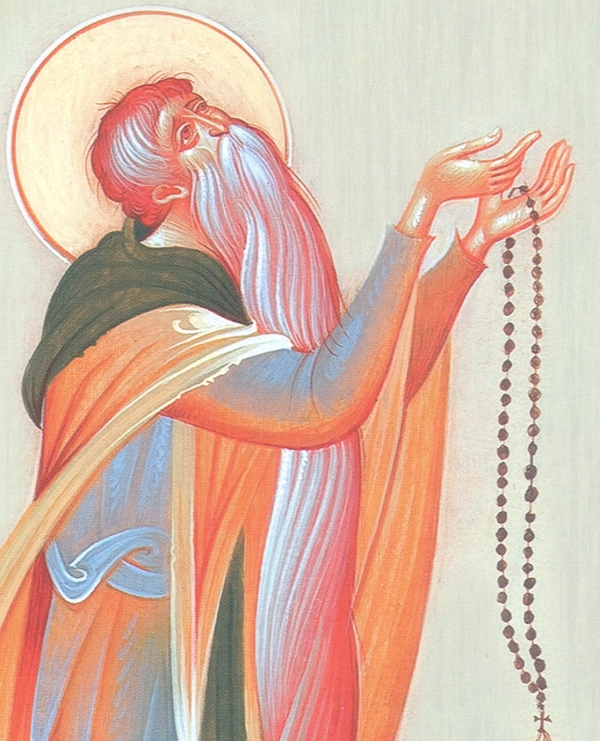 A young and successful executive was traveling down a neighborhood street, going a bit too fast in his new Jaguar. He was watching for kids darting out from between parked cars and slowed down when he thought he saw something. As his car passed, no children appeared. Instead, a brick smashed into the Jag's side door! He slammed on the brakes and drove the Jag back to the spot where the brick had been thrown. The angry driver then jumped out of the car, grabbed the nearest kid and pushed him up against a parked car, shouting, "What was that all about and who are you?
A young and successful executive was traveling down a neighborhood street, going a bit too fast in his new Jaguar. He was watching for kids darting out from between parked cars and slowed down when he thought he saw something. As his car passed, no children appeared. Instead, a brick smashed into the Jag's side door! He slammed on the brakes and drove the Jag back to the spot where the brick had been thrown. The angry driver then jumped out of the car, grabbed the nearest kid and pushed him up against a parked car, shouting, "What was that all about and who are you?Just what the heck are you doing?
That's a new car and that brick you threw is going to cost a lot of money.
Why did you do it?"
The young boy was apologetic. "Please mister ... please, I'm sorry... I didn't know what else to do," he pleaded.
"I threw the brick because no one else would stop..."
With tears dripping down his face and off his chin, the youth pointed to a spot just around a parked car.
"It's my brother," he said.
"He rolled off the curb and fell out of his wheelchair and I can't lift him up."
Now sobbing, the boy asked the stunned executive, "Would you please help me get him back into his wheelchair? He's hurt and he's too heavy for me."
Moved beyond words, the driver tried to swallow the rapidly swelling lump in his throat. He hurriedly lifted the handicapped boy back into the wheelchair, then took out his fancy handkerchief and dabbed at the fresh scrapes and cuts. A quick look told him everything was going to be okay.
"Thank you and may God bless you," the grateful child told the stranger.
Too shook up for words, the man simply watched the little boy push his wheelchair-bound brother down the sidewalk toward their home. It was a long, slow walk back to the Jaguar. The damage was very noticeable, but the driver never bothered to repair the dented side door. He kept the dent there to remind him of this message: Don't go through life so fast that someone has to throw a brick at you to get your attention!
God whispers in our souls and speaks to our hearts. Sometimes when we don't have time to listen, He has to throw a brick at us.
It's our choice: Listen to the whisper ... or wait for the brick!
http://agapienxristou.blogspot.ca/2013/10/the-brick-and-wheelchair.html











